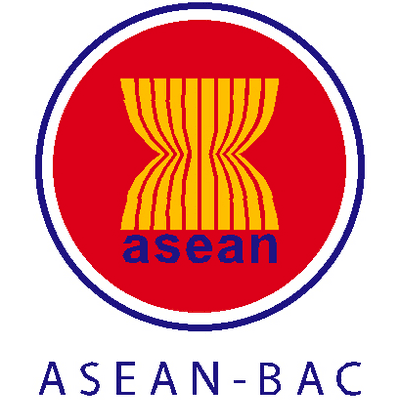Brunei private sector joins ASEAN Food Security Alliance
At A Glance
- The MOU will be signed in time for President Marcos' State Visit to the Sultanate on May 28.
The Brunei private sector will formally join the ASEAN Food Security Alliance (AFSA) with the signing of a memorandum of understanding (MOU) between the ASEAN Business Advisory Council (BAC) Philippines, chaired by Go Negosyo founder Joey Concepcion, and ASEAN BAC Brunei on May 29 in Jerudong, Brunei Darussalam.

The MOU will be signed in time for President Marcos’ State Visit to the Sultanate on May 28. Signing for the Philippines is Concepcion, and for Brunei is ASEAN BAC Brunei Council Member Musa Adnin, representing ASEAN BAC Brunei Chair Haslina Taib.
The agreement resulted from the initial MOU signed by ASEAN BAC Brunei and ASEAN BAC Philippines last year during the Association of Southeast Asian Nations (ASEAN) Summit in Jakarta. It aims to jointly conduct studies and mentorship channels for potential agriculture, agriculture technology, food security, and agri-preneurship business models.
The new MOU now features a direct partnership between a agricultural companies in the Philippines and Brunei. The private sectors of Malaysia, Indonesia, Singapore, Cambodia, Myanmar, Laos, and Thailand have also formally participated in this regional agriculture cooperation.
According to Concepcion, Brunei’s MOU covers the exploration of ventures in land lease-holding arrangements, strategic partnerships, co-investment opportunities, and other collaborative options, initially covering rice, durian, and poultry.
“These initiatives harness the strengths of the ASEAN private sector to strengthen food security in the region,” he said.
AFSA aims to strengthen the ASEAN region’s food security through strategic partnerships; technology and knowledge exchange of best practices and experiences; and expand market access and diversify agricultural enterprises within the ASEAN. It was introduced during the Philippines private sector’s visit to Malaysia last April, where it put forward several initiatives to enhance cooperation on food security and develop the region’s MSMEs.
As part of the AFSA initiative, Concepcion led Philippine agriculture companies in a visit to Malaysia last April to explore potential partnerships in oil palm, rubber, rice, dairy, poultry, pineapple, durian, banana, coconut, and corn.
During the Malaysia visit, the Philippine group was briefed on innovations and best practices of Malaysian agriculture companies in key commodities, including the application of genomics and big data in agriculture.
Philippine Ambassador to Malaysia Ma. Angela Ponce pledged her support as the Philippine mission follows through with the initial connections made with the Malaysian private sector.
Concepcion explained that AFSA will create engagements directly between the private sectors of the participating countries.
“Creating this level of private sector partnerships in agriculture has not been done before,” he said.
“Engaging private sector at this level will take time but I expect it will gain traction as we uncover the many areas in which we could collaborate on a country-to-country level. The benefits of this matchmaking are tremendous,” he added.
According to Concepcion, they will build a roadmap leading to the Philippines chairmanship in 2026. Agriculture is poised to be the legacy project of ASEAN BAC Philippines when it assumes the chairmanship in 2026.
Its legacy project from its chairmanship in 2017, the ASEAN Mentorship for Entrepreneurs Network (AMEN), has already produced nearly 200 graduates of the MSME mentoring program and established a region-wide network of entrepreneurship mentors.
“Harnessing the strengths of the private sector for the benefit of the region is delivering on our mandate of boosting ASEAN’s efforts towards economic integration and promoting economic cooperation,” he said.